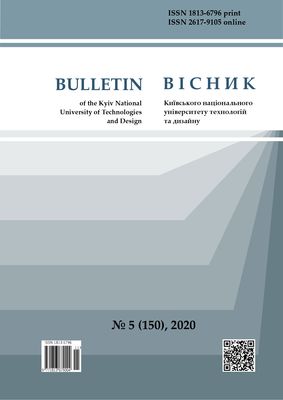INFLUENCE OF ADDITIVE FORMING PARAMETERS ON ELECTRICAL PROPERTIES OF GRAPHITE-FILLED COMPOSITE BASED ON POLYLACTIDE
DOI:
https://doi.org/10.30857/1813-6796.2020.5.9Keywords:
PLA, antistatic composition, additive formation, energy consumption, graphiteAbstract
Purpose. Investigate the effect of additive formation parameters on the properties of an antistatic composition based on polylactide (PLA). Methodology. Surface and bulk electrical resistance were determined by ASTM D257. Findings. The influence of additive formation parameters on the electrical properties of graphite-filled composite based on polylactide has been studied. It was found that the value of resistivity significantly depends on the printing conditions, namely the temperature, speed, thickness of the layer. Increasing the printing temperature helps to reduce the resistivity of the sample. Reducing the thickness of the polymer layer also reduces the resistivity at a print speed within 3000 mm / min It was found that the specific electrical characteristics are significantly different in the plane of the sample in contact with the printing platform. Concentric method of laying layers of polymer melt is less effective in terms of resistivity than mutually perpendicular. It was found that the electrical resistivity of samples made of material for 3D printing, which was previously subjected to drying below the resistance of the sample made of undried material. The programmed change of 3D printing parameters allows to control the specific resistance of graphite-filled composite based on polylactide in the range of three orders and to obtain products with properties from antistatic to statically dissipative materials. Additive production allows to obtain products of the desired configuration with adjustable electrical properties. Originality. The peculiarities of the change of antistatic properties of the polymer composite depending on the conditions of additive formation of experimental samples are investigated. Depending on the applied parameters of additive molding, it is possible to obtain products with properties from antistatic to statically dissipative materials. Practical value. Technological modes of additive molding of composite products based on polylactide and graphite have been developed. Energy consumption for additive formation of products of different mass is estimated.

